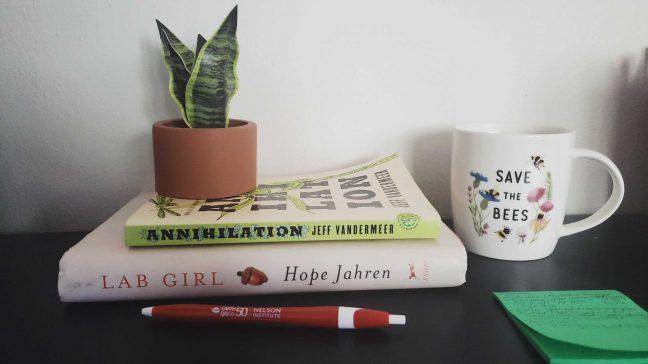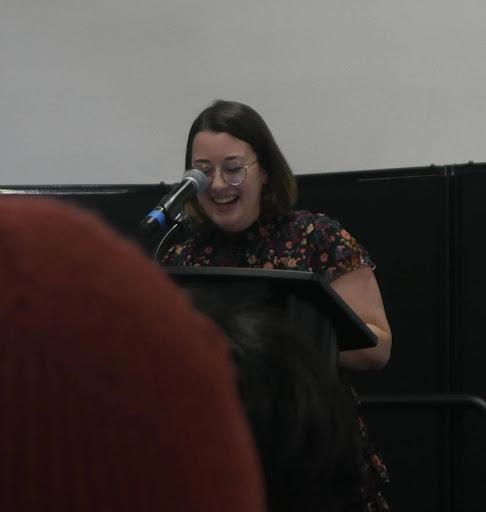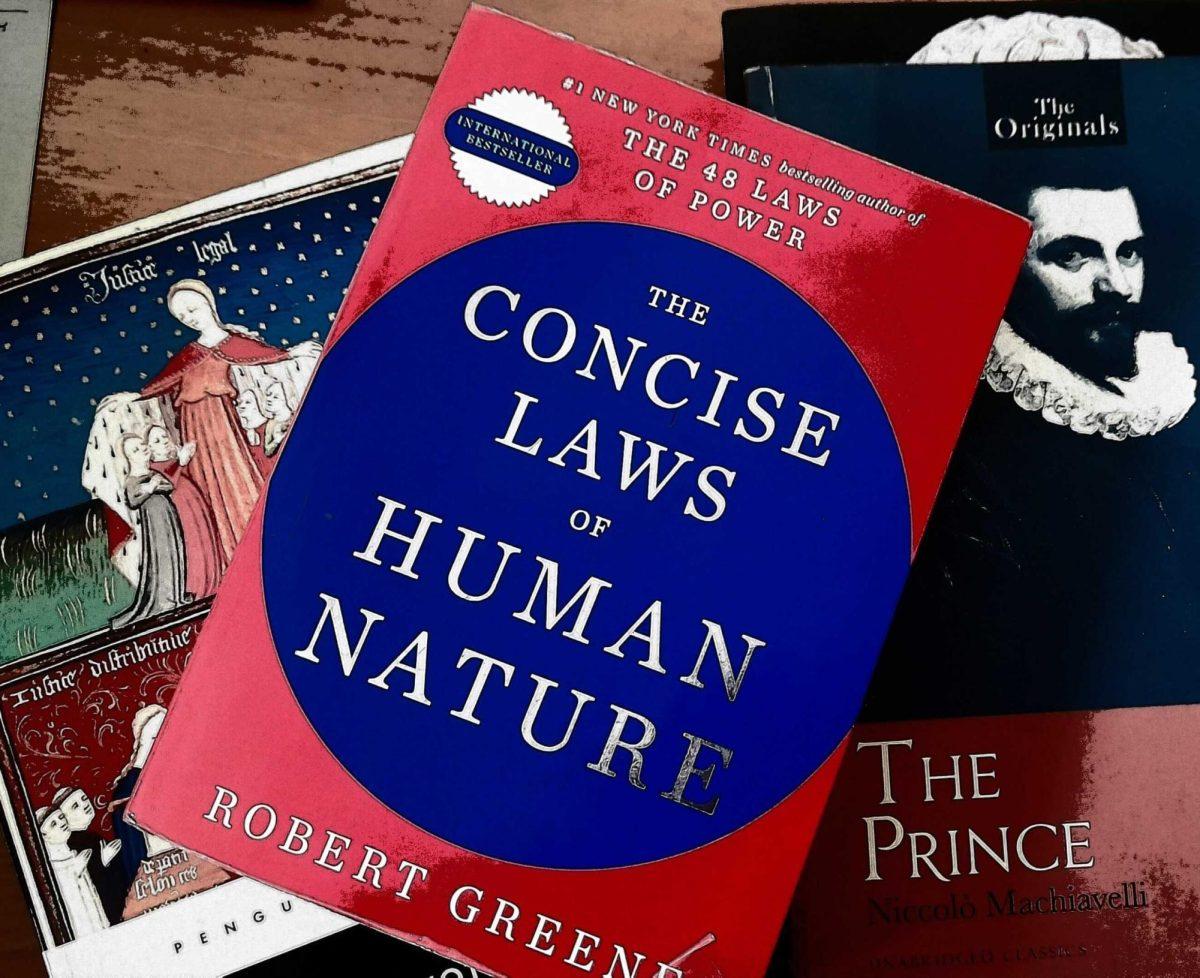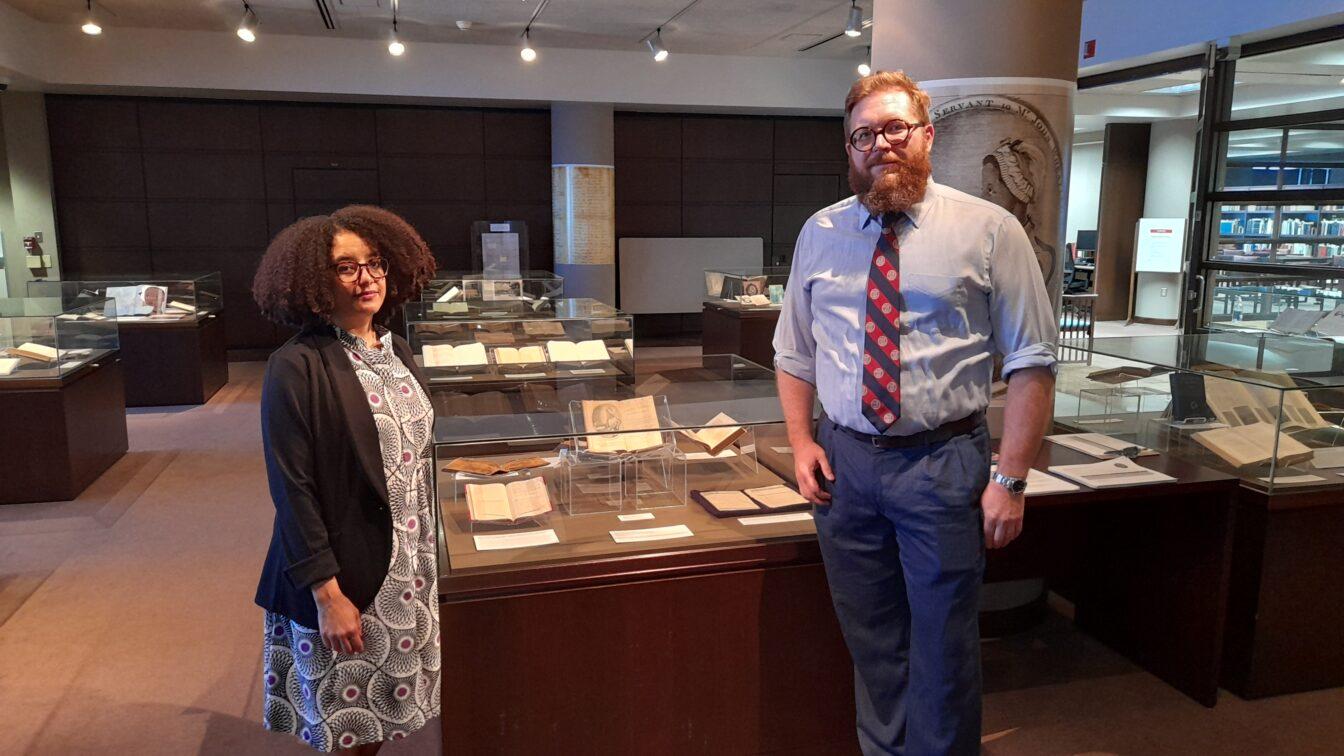As the butterfly of spring emerges from its winter chrysalis, it’s prime time to grab a warm drink and go sit in a park with a good book. But it’s also Earth Day, so why not pick a book that’s about the environment?
I am the resident ‘conservation biology major who has too many strong opinions about books’ at this newspaper, so I’ve compiled my top picks for Earth Day Environmental Reads, and whether you like fiction or nonfiction, I’ve got a recommendation for you.
Fiction:
“Annihilation” by Jeff Vandermeer:
There’s a reason “Annihilation” topped booklists, won a Nebula award in 2014 and got a Paramount Pictures movie adaptation starring Natalie Portman. The reason is that it’s incredible.
I’m obsessed with this book, the first of the Southern Reach trilogy, and I would give up every penny to my name just to get a glimpse into Jeff Vandermeer’s mind. I mean, the man pioneered a new genre of fiction, aptly named “New Weird” for combining speculative sci-fi with gothic horror. And what makes “Annihilation” so enthralling and the perfect Earth Month read is its overt ecological themes.
The book follows a group of scientists sent to explore an ecological anomaly called Area X in southern Florida, and the story is, in part, a mystery as the group attempts to figure out what happened to every other expedition sent before them (spoiler alert: bad things) and how this seemingly-idyllic nature reserve keeps growing, changing and rendering technology useless.
The movie adaptation was … good, but different in so many ways, so even if you’ve seen the movie, you should still read the book because it’s a completely different experience.
Vandermeer’s unreliable narrator keeps the reader in suspense, and even when you think you’re figuring out what’s going on, Vandermeer throws another curveball. It’s not until the third book when everything’s revealed, but trust me, the wait is worth it.
UW delves into contemporary issues in 2020-21 Go Big Read Book
“Wilder Girls” by Rory Power:
Is this a good pandemic read? No, not unless you’re a fan of nightmares.
“Wilder Girls” by Rory Power follows a group of girls at a boarding school in Maine, who have been quarantined because of an epidemic called “The Tox.” But unlike your friendly neighborhood coronavirus, The Tox makes the forest around the school stronger, and the people it infects feral.
It’s an aesthetically provocative novel, combining the beautiful and grotesque. I don’t think it could ever have a film adaptation because nothing could ever do it justice.
As much as it is a speculative horror novel, it’s also a tale of resilience, of desperation and of connection. It portrays female friendships in a way that I don’t think I’ve ever seen before, and it’s empowering to read at the same time as it’s painful.
Power’s world has been proclaimed Vandermeer-esque time and time again, and yes, it has a lot of similarities to “Annihilation” (similar narration perspectives, environmental mystery), but the two are so drastically different stylistically that I’m hesitant to draw parallels. “Annihilation” is a story about renewal, “Wilder Girls” is a story about resilience.
And both stories’ ecological backdrops compel the reader to consider their place in the environment. Are we outsiders, like the researchers before entering Area X, or the Navy and the CDC in Wilder Girls, who kept their distance from the boarding school? When we say “save the Earth,” do we mean saving some wilderness entirely separate from our populations? Or is the environment something that we’ve been a part of all along, that can saturate us like the “brightness” in “Annihilation”, that lives under our skin like The Tox?
The book is all in all deeply unsettling — it’s a Young Adult novel, technically, so while in theory it’s easy to read, the prose direct and matter-of-fact, it’s those very attributes that make every other sentence an absolute gut punch. Frankly, I think reading this book took a year off of my life. But, like, in a good way. Five stars.
Non-fiction:
“Lab Girl” by Hope Jahren
This. Book.
It’s hard to describe the impact this book had on me. This book encouraged me to become a scientist. It made me hopeful, and it made me cry. I read it at a time in my life when I really needed a mentor, and it felt like this book gave me one. It’s one of my absolute favorites.
Jahren is a botanist by training, but this book isn’t really about botany. It’s a memoir that’s told in conjunction with the life of a tree, and the way Jahren infuses the two is beautiful. Jahren’s story is inspiring, but it’s not all sunshine and rainbows. It exposes some really hard truths and longstanding issues present in academia. It shines a light on some hard truths about our country and its relationship with the environment, and at times the book can be truly hard to stomach because it’s glaringly honest. But as with life, it’s as beautiful as it is heart-wrenching.
“Stolen Harvest” by Vandana Shiva
This book will open your third eye. I’m not kidding.
A lot of studying the environment is learning about how everything is bad and contributing to the slow destruction of the Earth and even the things that you think are good are actually also bad and still contributing to the slow destruction of the Earth.
As it turns out, environmental issues are incredibly complex and things can be good but also bad, and bad but also good, and good for some people but bad for other people, or good for animals but bad for people, and sometimes neither good nor bad for anyone.
This is a book that changed my perspective on GMOs — and I know what you’re thinking. GMOs are bad, right? Or maybe you’re thinking GMOs are good, right? It’s one of those ‘yes but no but yes’ situations that are deeply complex and deeply frustrating.
Like all Vandana Shiva’s books, Stolen Harvest analyzes an environmental issue through an extremely cultural lens. So much of environmentalism doesn’t include environmental justice, indigeneity and BIPOC perspectives, so it’s deeply refreshing to see a book that does just that, and it’s a reminder that environmental reforms are nothing if they do not take into account colonial histories or indigenous sovereignty, and in fact technologies that have the potential to do enormous environmental good can also be co-opted by dominant power structures for unprecedented environmental damage.
Bottom line — read it.




















